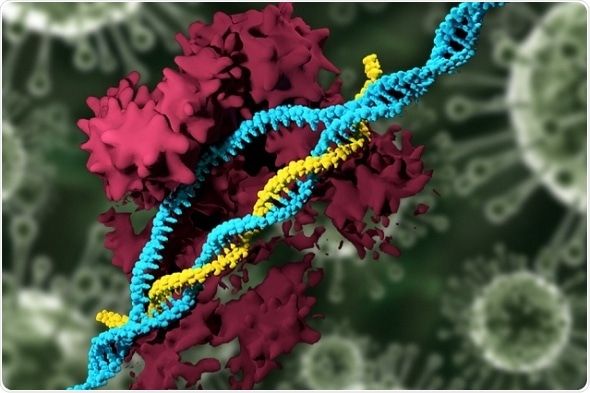The standard gene-editing tool, CRISPR-Cas9, frequently produces a type of DNA mutation that ordinary genetic analysis misses, claims new research published in the journal Proceedings of the National Academy of Sciences (PNAS). In describing these findings the researchers called such oversights “serious pitfalls” of gene editing (Skryabin et al., 2020). In all, the new results suggest that gene-editing is more error-prone than thought and, further, that identifying and discarding defective and unwanted outcomes is not as easy as generally supposed.

